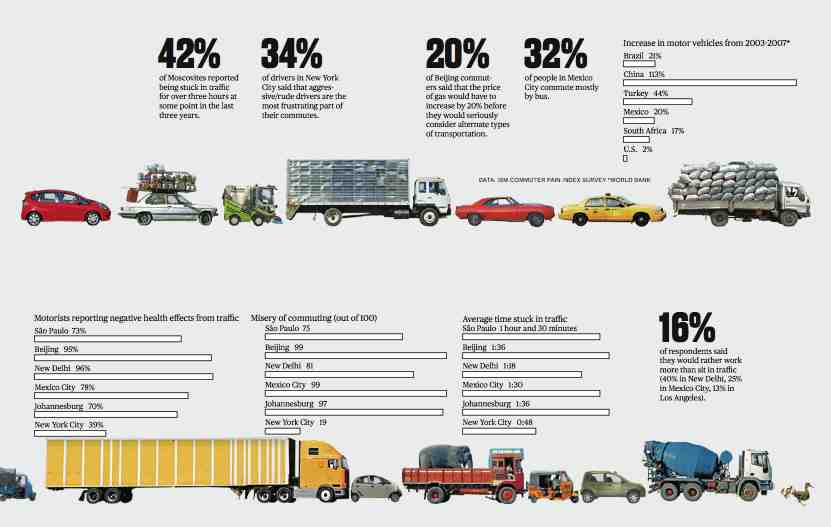 Excellent piece by Daniel Kliman in World Politics Review (by way of WPR's weekly article roundup).
Excellent piece by Daniel Kliman in World Politics Review (by way of WPR's weekly article roundup).
Much ink has been spilled discussing the nuclear fuel swap deal that Brazil and Turkey brokered with Iran last week. The pundits have focused on whether the deal will resolve the standoff over Iran's nuclear program, or whether Tehran is simply playing for time, as well as what the deal says about the growing prominence of Brazil and Turkey. Yet the real meaning of the nuclear deal has gone largely overlooked: The dominant trend of the early 21st century is the rise of democratic powers to positions of regional and even global influence.
Of course, the most prominent rising power, China, is no democracy. But in this, China is the great outlier. All of today's other rising powers feature representative governance, as a cursory look around the world makes readily apparent.
Amen, brother!
Rest of piece explores India, Brazil, Indonesia, Turkey, South Africa.
Why we should be optimistic:
As these five democracies rapidly emerge as full-fledged powers with far-flung influence, their rise is cause for optimism about the future. Why? To be sure, shared values do not guarantee a complete congruence of interests. The United States, Europe, and Japan will not always see eye to eye with these arriviste democracies, as is already evidenced by differences over climate change, trade, and Iran. However, the fact that an overwhelming majority of rising powers are democracies has strongly positive implications for the nature of the global order that is coming into existence.
First, most of the new players in this global order will behave predictably. Democratic governance is premised on internal checks and balances . . .
Democracies may shift course, but they do so slowly, and within relatively confined boundaries . .
Second, democracies can rise without producing a global order riven by fear and hostility, because of the domestic transparency made possible by democratic institutions. In democracies, the media can extract information from government authorities and convey that information to the world. Although unable to disclose classified information, officials representing a democracy can still engage in open, far-ranging conversations with their foreign counterparts. This domestic transparency enables outsiders to readily discern a democracy's intentions . . .
Third, a world of rising democracies is a world ripe with opportunities for access, meaning the ability to intervene inside another state's policymaking process . . ..
Again, excellent piece.
What I would add: don't be surprised to witness the most ambitious and inventive foreign policy coming out of these states. Because they're not single-party dictatorships, they're more risk tolerant. China's Communist Party can't afford any screw-ups, because the resulting throw-the-bums out mentality frightens it too much to act boldly. Not the same weakness for democracies, which means, counterintuitively for many, they will drive us nuttier than that stale, unimaginative thinking from Beijing--to wit, the Iran nuke deal.
 Wednesday, October 24, 2012 at 11:09AM
Wednesday, October 24, 2012 at 11:09AM 
 New Core,
New Core,  Old Core,
Old Core,  US,
US,  healthcare | in
healthcare | in  Citation Post |
Citation Post |  Email Article |
Email Article |  Permalink |
Permalink |  Print Article
Print Article 
















